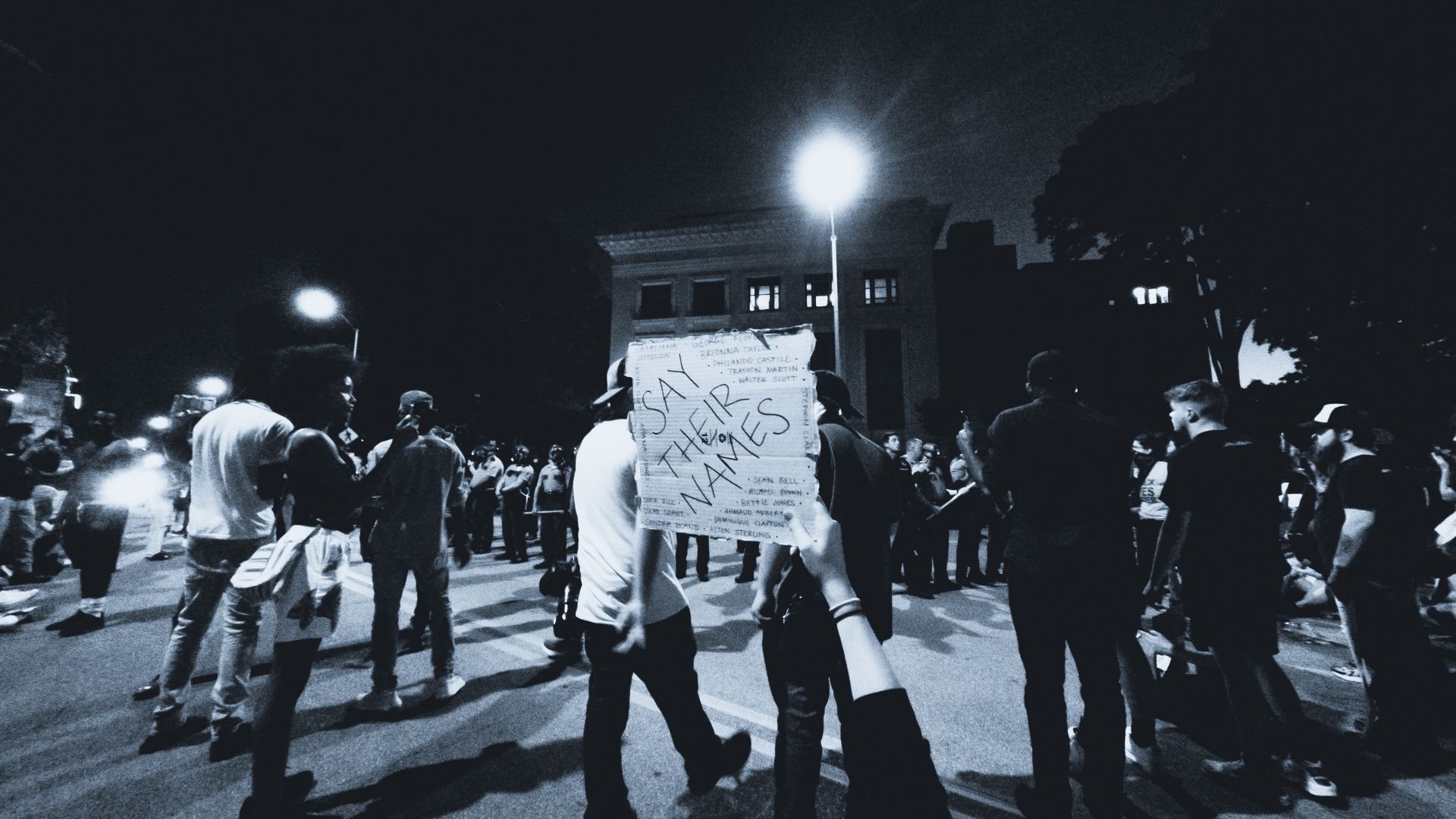“I don’t think we can get free until we’re willing to tell the truth about our history. I do believe in truth and reconciliation, I just believe that truth and reconciliation are sequential. That you can’t have the reconciliation without the truth.” – Bryan Stevenson.
During my twenties, when I lived in New Orleans, I had a friend who would host community gatherings at her home weekly. Just a few years older than me, with three beautiful kids and a successful career, Michelle was one of the only people I met in the South who, with compassionate honesty, could talk about race. One evening over dinner, she shared some of her family history with our group. Born and raised in a poor, black neighborhood, her generation was the first in her family to attend college; Michelle, the first to gain her masters. She spoke with affection about her mother and grandmother and the struggles of their lives. “And my great-great grandmother,” she added in conclusion, “was a slave.”
Her last sentence hit me like a thunder clap. Just four generations previous, enslavement?! Her great-grandmother, born to two newly liberated parents in those first faltering years of freedom. So recent, so real, so tangible, so horrific. For a naïve girl from Scotland, raised in a spiritual commune with black family members and loved ones, the closeness of this brutality felt unbearable and barely real!
Earlier this year when George Floyd was murdered and a new chapter of racial reckoning began in America, I, like many others, wondered what my part should be. Everyone was talking about change, but to be honest “white allyship” sounded more like a sterile tactical maneuver. It seemed to have little to do with the love I feel for my black friends and relatives.
Never the less, something deep within me began to itch. There was a movement awakening in my soul that began to murmur and then to cry. The truth is, during that decade when I lived in the deep south, where racism broods as thick and oppressive as the humidity, I’d developed my own prejudices. I’d experienced shame and disgust at white people who spat out unspeakable racial slurs without a second thought, but I’d also allowed myself to be stunned in dread by the violence I witnessed in the low-income neighborhood where I lived: My neighbor, being beaten by her man – her screams coming through the walls. A teenage boy, bleeding to death in the street riddled with bullets. Men on the corner, with guns selling packets of poison. All the fruits of several centuries of excruciating oppression, in a city where human beings were once sold for money.
Please hear me now, for I must truly confess: some of the most enlightened, spiritually attuned, and stunningly courageous souls I’ve ever met were my neighbors in the 9th Ward of New Orleans – and yet still, I allowed myself to judge others offhand by the color of their skin, their income level, or the way they spoke! (Oh Lord, please have mercy!)
As news of rising white supremacy began to frequent our screens this past summer, I looked up and wondered, Where are we? Where are the white folk who will gather, not to defend our grotesque, painful history, but to own it? Who among us will humbly confess the ongoing atrocity of racism here in America, and sincerely ask for forgiveness?
Again, the question came to mind, What is mine to do?
And then I realized, my job is the same as everyone else’s – to tell the truth. To own what we can own and to ask for forgiveness. “Say you’re sorry” is the first lesson we teach our children, and yet as a society we seem to find it nearly impossible. But, that is precisely my desire in making this piece (link below). After all my life experiences: loving my black friends and family, encountering racism in the American south that made me sick with disgust, and yet, at times, allowing that same racism to ferment, even in my own soul. Here, in this time of Racial Reckoning, what I hope to see is that long needed procession of white folk, repentance and remembrance in our hearts, a collective sowing of tears, an open-hearted, honest number … when we gather to ask for forgiveness … I want to be there.

